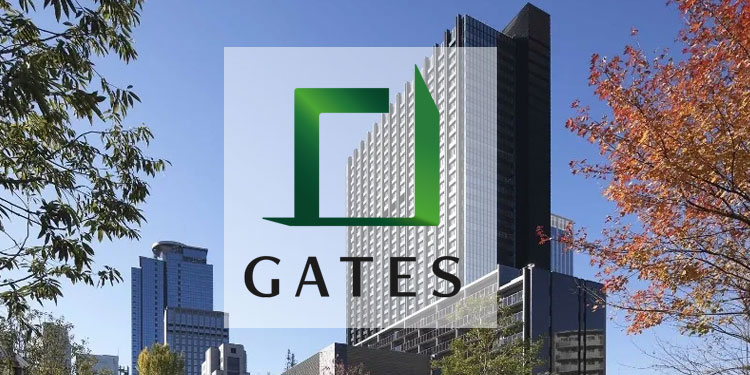GATES Inc., a Tokyo-based firm, has announced an ambitious plan to tokenize $75 million worth of income-generating real estate assets located in central Tokyo. The initiative represents a strategic step toward modernizing the country’s real estate sector and expanding access to international investors through blockchain-based infrastructure.
The effort forms part of GATES Inc.’s broader objective to bring Japan’s traditionally insular property market onto the global stage. To facilitate this transformation, the company has chosen to utilize the Oasys blockchain network. Initially developed for gaming applications, Oasys has since redirected its focus toward real-world asset tokenization. The announcement has already triggered a significant market reaction, as the trading volume of the OAS token surged by 25% in a single day following the news.
Expanding Access to Japan’s High-Demand Property Sector
Company leadership indicated that this move is intended to provide overseas investors with streamlined access to Japan’s stable and in-demand property market. By leveraging blockchain technology, the firm aims to deliver tokens that offer both profitability and liquidity—characteristics not typically associated with traditional real estate investments. The tokens will represent fractional ownership in income-generating assets, lowering the entry barrier for global participants while increasing flexibility in asset management.
The company’s longer-term vision involves scaling the initiative significantly. GATES Inc. has set a target of tokenizing up to $200 billion in property assets, aiming to capture approximately 1% of the total real estate market in Japan. This bold goal reflects the growing momentum behind blockchain-based solutions in sectors historically dominated by conventional systems and gatekeepers.
Japan Positioned for Real Estate Tokenization Growth
This project arrives amid a global shift toward tokenizing real-world assets (RWAs), a trend that has gained traction as investors increasingly demand more efficient and accessible avenues for participating in illiquid markets. With advancements in blockchain infrastructure and a more favorable regulatory climate, asset tokenization is gradually moving from concept to implementation.
In Japan, legal reforms and rising institutional interest are aligning to support this transition. Industry observers suggest that the country may soon emerge as a key player in global real estate tokenization efforts. GATES Inc.’s pilot in Tokyo could serve as a high-profile example of how blockchain can be applied to democratize access to premium real estate.
By enabling fractionalized property ownership through digital tokens, the company is not only reshaping investment strategies but also setting a precedent for how traditional assets can be modernized in line with evolving market expectations. As interest in tokenized assets continues to grow, Japan’s property market may become a focal point for global investors seeking innovation, stability, and diversification.


AloJapan.com